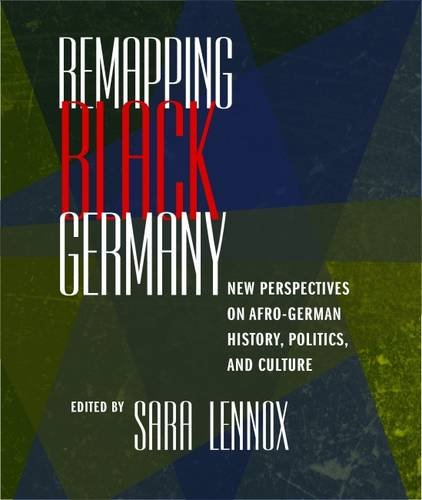Transnational Perspectives on Black GermanyPosted in Canada, Europe, History, Live Events, Media Archive, Politics/Public Policy, Social Science, Women on 2018-04-20 02:55Z by Steven |
Transnational Perspectives on Black Germany
University of Toronto
Innis Town Hall
2 Sussex Avenue
Toronto, Ontario, M5S 1J5 Canada
2018-05-23 through 2018-05-25
Sponsors: Germanic Languages & Literatures, Cinema Studies Institute, Gender & Women’s Studies Institute, Centre for Transnational & Diaspora Studies, Comparative Literature, SSHRC, Centre for the United States, TIFF, DAAD, and Heinrich Böll Stiftung
The Black German Heritage and Research Association (BGHRA) is collaborating with the Department of Germanic Languages & Literatures and the Cinema Studies Institute at the University of Toronto in hosting the 3-day SSHRC-funded conference, “Transnational Perspectives on Black Germany” in Toronto, Ontario, on May 23-25, 2018. The event will feature keynote addresses by Fatima El-Tayeb and Noah Sow, a screening of “On Second Glance” (dir. Sheri Hagen, 2012) at TIFF’s Bell Lightbox with filmmaker in attendance, and a dance-music-word tribute to Afro-German poet and activist May Ayim by guest artists Layla Zami and Oxana Chi.
REGISTRATION OPEN UNTIL 4/21/2018
For more information, click here.


